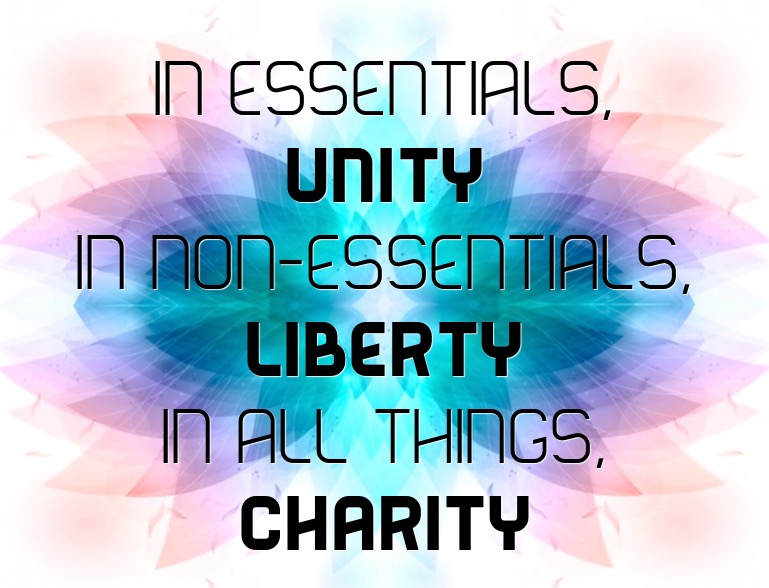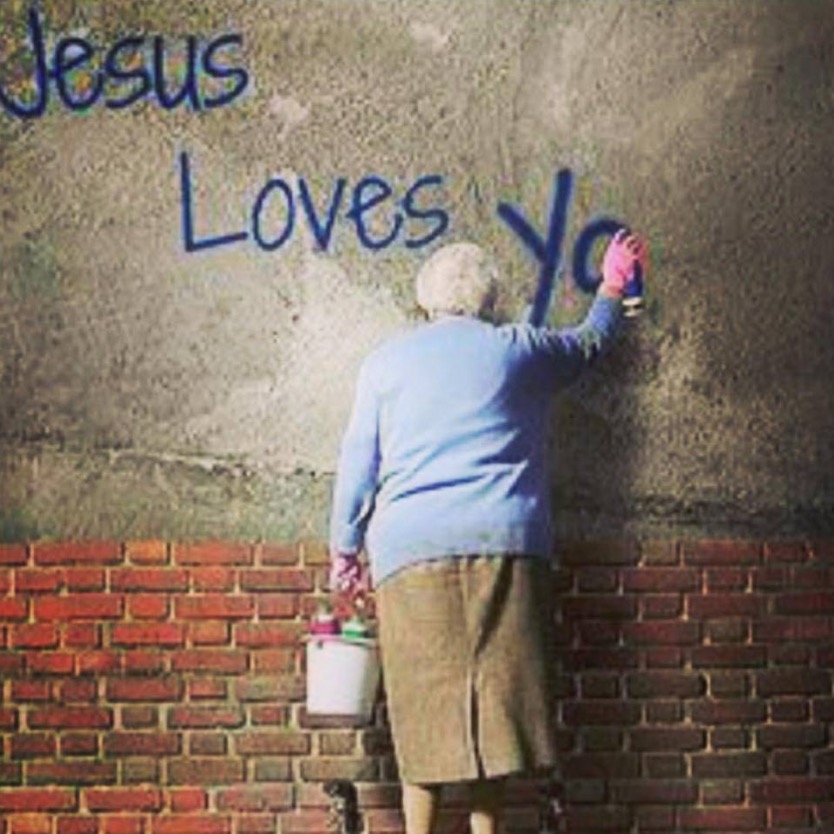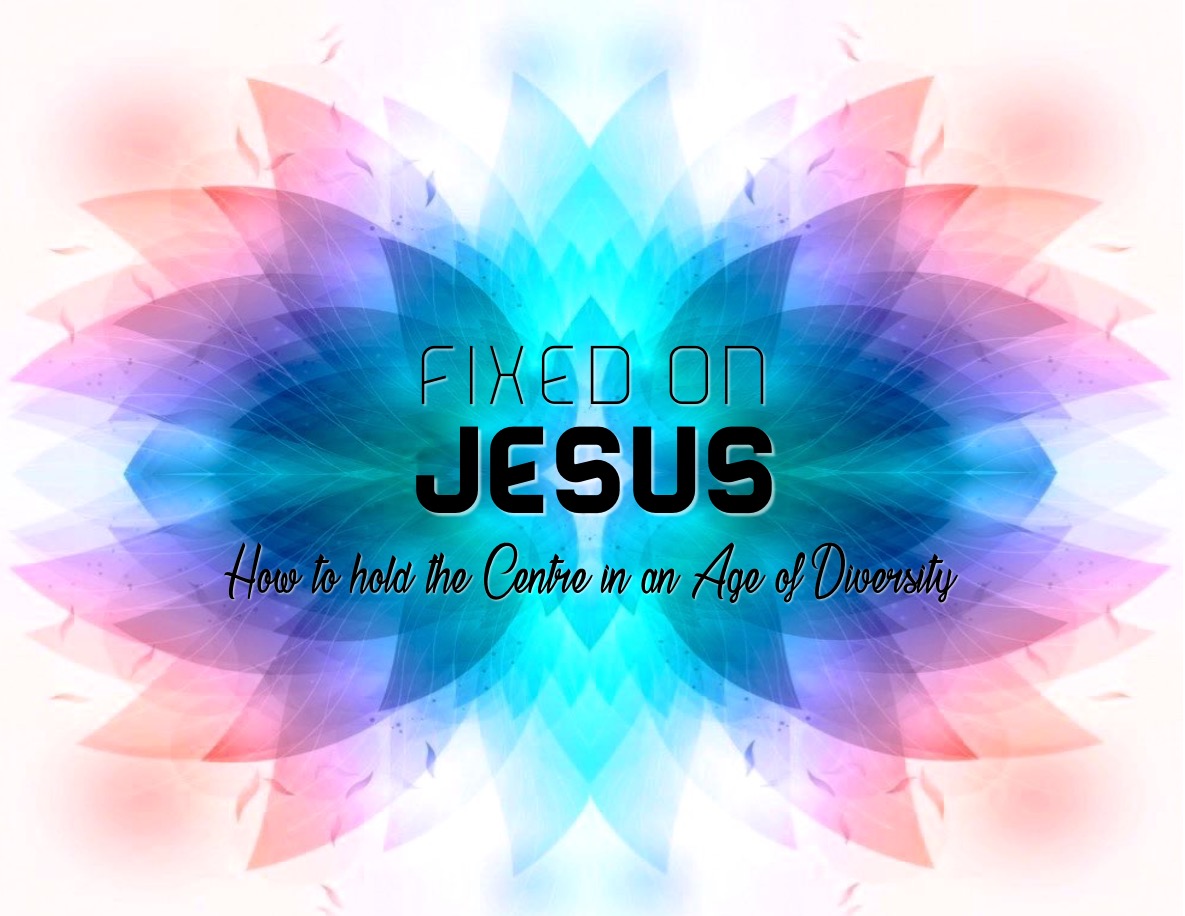Diversity is Great but has Some Challenges
We live in a time of immense diversity. Every subject imaginable has a myriad of opposing viewpoints – from politics, economics and science, to arts, religion, sports and more. As if that weren’t enough, adherents to virtually any opinion can find facts and figures to back up their position, adding emotional horsepower to whatever position they hold. Of course, the church isn’t immune from this. Theology can be politicized to the point where it manifests itself in people doing ugly things in the name of truth. How should the church hold to what is true in times like this? What are we to believe? How are we to behave toward each other and toward those who are not yet following Jesus? What are we to do with diversity within the church?
 Thankfully, the church has always lived in diverse times. It is true that today we may face some new challenges, but ever since the birth of the church there have been controversies they’ve had to work through. In fact, much of the New Testament contains stories, advice and even warnings to the early church regarding how to conduct themselves in the mist of differing ideas. Furthermore, the New Testament church didn’t figure it all out and usher in a period of unity and uniformity (those aren’t the same, by the way!). The past 2,000 years of the church is full of all kinds of controversy. At times, this diversity has led to divisiveness – in the extreme it’s even become violent. In other instances, the church has managed to stay true to what its called to do: to love God and love each other like we love ourselves (Mark 12:30-31) and to make disciples of all nations, baptizing in the name of the Father, Son
Thankfully, the church has always lived in diverse times. It is true that today we may face some new challenges, but ever since the birth of the church there have been controversies they’ve had to work through. In fact, much of the New Testament contains stories, advice and even warnings to the early church regarding how to conduct themselves in the mist of differing ideas. Furthermore, the New Testament church didn’t figure it all out and usher in a period of unity and uniformity (those aren’t the same, by the way!). The past 2,000 years of the church is full of all kinds of controversy. At times, this diversity has led to divisiveness – in the extreme it’s even become violent. In other instances, the church has managed to stay true to what its called to do: to love God and love each other like we love ourselves (Mark 12:30-31) and to make disciples of all nations, baptizing in the name of the Father, Son
This Fall we’ll be exploring how to hold the centre in the midst of tremendous diversity – we’ll be attempting to speak to these and other important questions for our time.
A Model:

In the 17th century a German Lutheran pastor named Peter Meiderlin lived during incredibly difficult times. The infamous 30-Year War was raging and all of Europe (almost literally) was fighting (literally) over theology. Doctrine had become politicized to the point that Christians were killing each other over points that might seem ridiculous to us today. In the midst of this, and with the help of a God-dream, Meiderlin coined a catchy little phrase (well, it’s catchy in Latin) which reads: “In essentials, unity. In non-essentials, liberty. In all things, charity.” In other words, keep the main thing the main thing – everything else that is not essential to salvation, even though it’s important, should not be given central priority – and love each other through it all. While this rubric didn’t put an end to the fighting of his time, it has become helpful to many Christians since.
We’re going to use Medeirlin’s phrase (although mix up the original order) as an outline for this series.
What are the “essentials” that we must hold on to? Far from nailing down a set of theological ideas, our centre is a Person – Jesus – who is both fully God and fully human. We must always keep him at the centre, and anything or anyone who begins to displace him must be named and put back in its proper place. This means that good ideas, moral ideas, holy ideas, even good theology is not our centre. They are all good, but we are not to anchor ourselves in them. Like the writer of Hebrews says, we are to “fix our eyes on Jesus, the author and perfecter of our faith” (Heb 11:1-2). Next we’ll explore how to have charity in “all things”. In other words, how do we listen well to those we may disagree with over non-essentials? How do we love each other as brothers and sisters in Christ amidst diverse opinions, theologies, experiences and values? Lastly, in the new year, we will begin to explore some of the many ways our community is diverse – the “non-essentials” – which may still be important, but just not our centre – not what defines us. At our annual retreat in the Spring, the elders identified 12 issues (and there are likely more) in our church that people will deeply disagree with others about. However, before we get there, we must keep the centre in view and always posture ourselves in love.
 Resources:
Resources:
We will be compiling some additional resources for those who want to go deeper. For now, here is an article by Gary Best (former director of Vineyard Canada) called “Unity and Truth – A Historical Reflection”. We’ve found Gary to be very helpful in setting the tone for this conversation. In this article, he articulates how one should be concerned with taking a good posture before taking a position on any given topic. Check it out and let us know what you think either in the comments below, or by contacting any of the pastors or elders.
Notes:
>> This series may bring up some anxiety in some of you. If this is the case, please, please, please find a healthy place to process. The Pastoral and Lay Elders have been praying for this process for some time now and are all prepared to provide support and care where needed.
>> Both the Upstairs Gatherings and Downstairs Gatherings will be exploring the same topics throughout this series.
“…And let us run with perseverance the race marked out for us, fixing our eyes on Jesus, the pioneer and perfecter of faith…”
Hebrews 12:1-2

